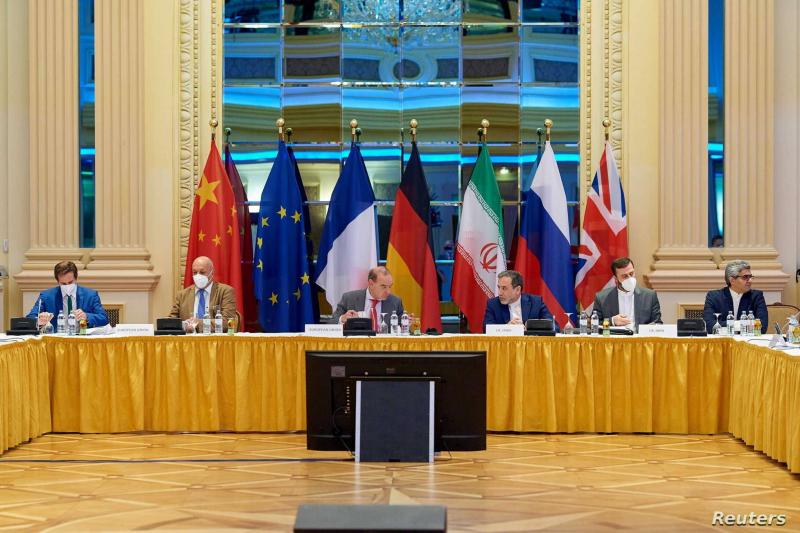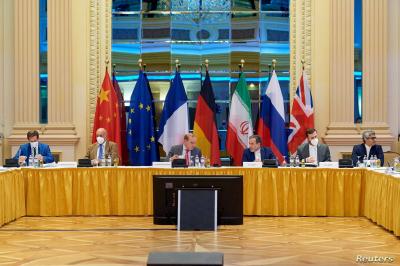Under the title "American Report: Here are the Reasons Why Nuclear Negotiations with Iran Will Fail," the Al-Arabiya website published a news article indicating that time may be running out for the United States and Iran to resume nuclear talks as Tehran continues to steadily develop its nuclear program, according to the Eurasia Group, a political risk consultancy. The analysts stated, "Given the pace of its nuclear advancements, Iran is approaching a point where the benefits of the nuclear agreement cannot be recovered without significant changes to the agreement, which Tehran may reject." They noted that the urgency for a deal has increased due to the significant progress made by the regime, such as Iran acquiring knowledge on how to operate advanced centrifuges for uranium enrichment, which in turn has reduced the likelihood of reaching a deal.
Eurasia analysts Henry Rome and Jeffrey Wright stated in a memo that even if negotiations were to resume, the prospects for reaching a nuclear agreement with Iran this year appear bleak. This is partly due to Iran's recent decision to appoint Ali Bagheri Kani, a deputy foreign minister for political affairs and a "hardline opponent" of the 2015 agreement—who was a chief negotiator in those talks. They wrote, "The involvement of Bagheri Kani indicates that while Tehran will likely return to negotiations in the coming months, the prospects for talks proceeding smoothly appear grim in the near term."
**AUKUS Complications**
Some experts told CNBC they are concerned about how the nuclear submarine deal between Australia, the UK, and the US (AUKUS) might influence Iran's nuclear ambitions. The three countries announced a new security partnership last month aimed at enhancing peace and stability in the Indian and Pacific Oceans amid China's expanding influence, with the nuclear submarine deal being part of that partnership. Asif Shuja, a senior fellow at the Middle East Institute at the National University of Singapore, stated that AUKUS provides "moral leverage" for Iran in its standoff with the United States because while the US claims it wants to curb nuclear proliferation, it is assisting Australia in acquiring submarines likely to be powered by weapon-grade uranium.
James Acton, co-director of the Nuclear Policy Program at the Carnegie Endowment for International Peace, commented in September that the submarine deal also sets a "destructive precedent." However, not everyone agrees; Behnam Ben Taleblu, a senior fellow at the Foundation for Defense of Democracies, argued that Australia and Iran cannot be compared when it comes to non-proliferation commitments. He described the latter as "actively obstructing and harassing International Atomic Energy Agency inspectors." He added, "The intense concern over rogue regimes like Iran exploiting the AUKUS deal is misguided against the strategic backdrop of the agreement and the nature of the actors involved."
**What’s Next?**
The International Atomic Energy Agency described Iran's high uranium enrichment levels as "extremely concerning." An American official stated this week that the ball is in Iran's court when it comes to resuming negotiations, but Taleblu indicated that Washington could do more. He added that there are several fronts where the US could be more aggressive in a "Plan B" scenario. Sanctions could be strictly enforced, harsh diplomacy could be employed, and cooperation with allies could form a united front. He pointed out that China's role is "really critical" if Tehran is to return to negotiations in good faith, noting that China was the largest buyer of Iranian oil before and after sanctions were imposed, adding, "This is something you cannot overlook when discussing the Iranian economy." Tensions have existed between Washington and Beijing, but Reuters reported that the US has requested China to reduce its purchases of Iranian crude.




